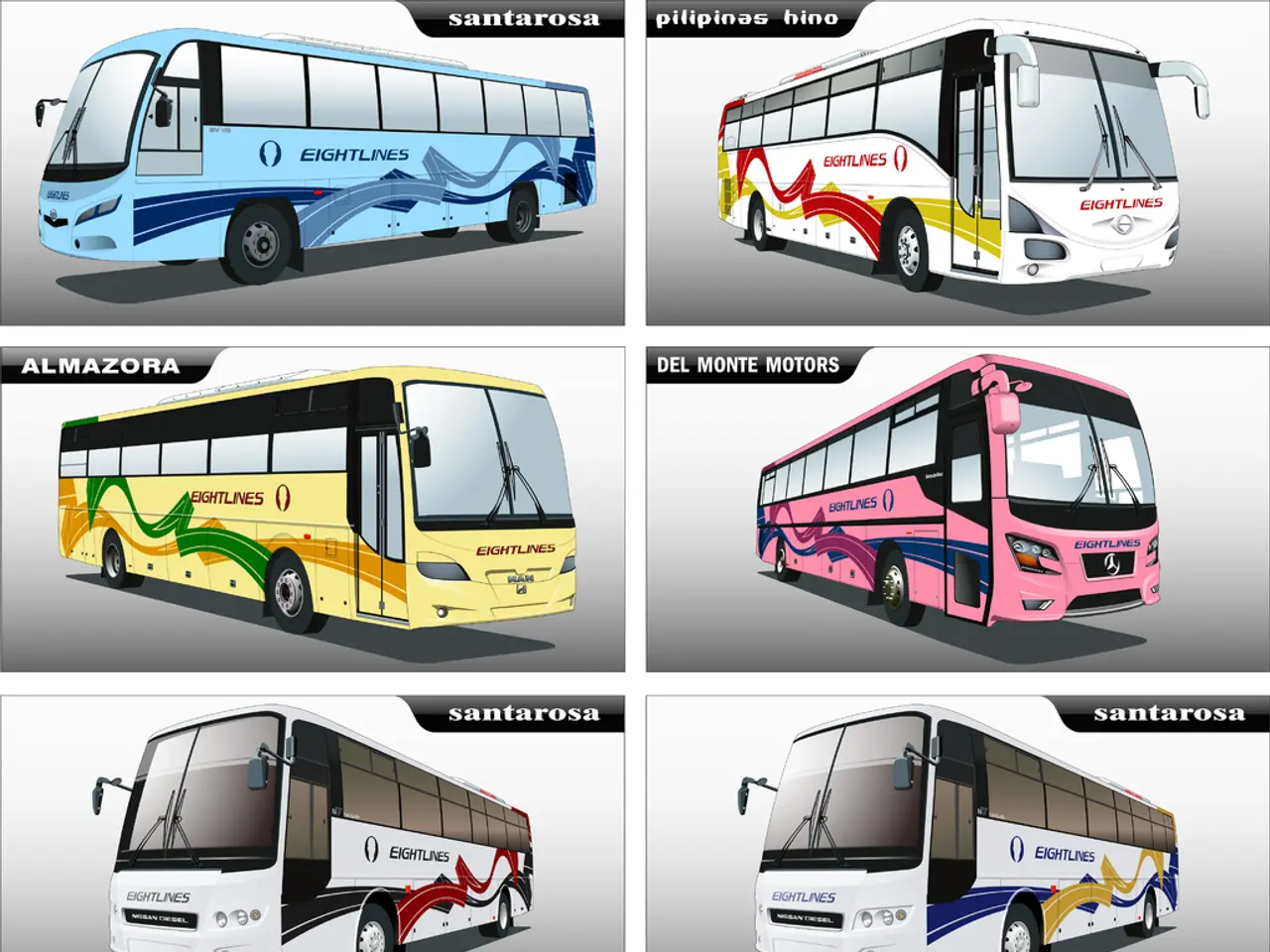Funding plan for Bay Area public transportation agencies moves one step closer to public vote following Senate approval.
San Francisco Municipal Transportation Agency (SFMTA) officials, along with Mayor Daniel Lurie, Governor Gavin Newsom, and local and regional partners, are working tirelessly to secure the future of public transit in San Francisco and the Bay Area.
The region's transit agencies, including NJ Transit, are facing a significant financial challenge. Without a bridge loan, they face catastrophic cuts to their systems. Muni, for instance, is grappling with a $322 million annual deficit, while BART projects a funding gap of $375 million to $400 million a year starting in 2027.
The default sales tax rate is set at one-half cent, with San Francisco's rate at 1 cent to support Muni. The legislature has agreed to a $750 million bridge loan for transit agencies, contingent on details about how and when the money would be paid back. However, the loan has not been formally approved by lawmakers and may be tabled until January.
Both Muni and BART are taking steps to address their budget issues. Muni officials stated that the measure's passage would protect essential Muni service and equip the agency with resources to continue investing in its infrastructure, safety, and accessibility. BART will continue working to reduce costs to address the agency's steep budget.
The bill, SB63, sponsored by State Sen. Scott Wiener and State Sen. Jesse Arreguín, aims to fund public transit for 14 years in five Bay Area counties. If approved, the bill needs to collect enough signatures to sponsor the measure and put it on the ballot in November 2026.
The passage of the measure is considered essential to the region's economy, environment, and quality of life. Polling shows that voters would approve the measure if it were on the ballot today. BART spokesperson Alicia Trost hailed the legislation as a 'historic opportunity' to preserve and improve transit.
However, the bill requires transit agencies to cut costs to receive further funding. The agencies acknowledge a looming budget shortfall despite recovering ridership and are trying to tackle the impending fiscal crisis 'from every angle.'
Without funding, transit agencies may have to make devastating cuts, such as closing stations, limiting train service, and reducing bus frequency. Freeway traffic would likely spike with fewer trains and buses, causing commute times to increase by 10 hours a week on key routes.
Lavin, a spokesperson, emphasized the need for people to get involved to save the transit network. Sebastian Petty, a senior transit policy advisor at SPUR, echoed this sentiment, stating that the measure's passage is crucial for the region's future.
Governor Newsom needs to approve or veto the bill by Oct. 12. The outcome of his decision will significantly impact the future of public transit in the Bay Area.
Read also:
- Duty on cotton imported into India remains unchanged, as U.S. tariffs escalate to their most severe levels yet
- Steak 'n Shake CEO's supposed poor leadership criticism sparks retaliation from Cracker Barrel, accusing him of self-interest
- President von der Leyen's address at the Fourth Renewable Hydrogen Summit, delivered remotely
- Unveiling Innovation in Propulsion: A Deep Dive into the Advantages and Obstacles of Magnetic Engines







